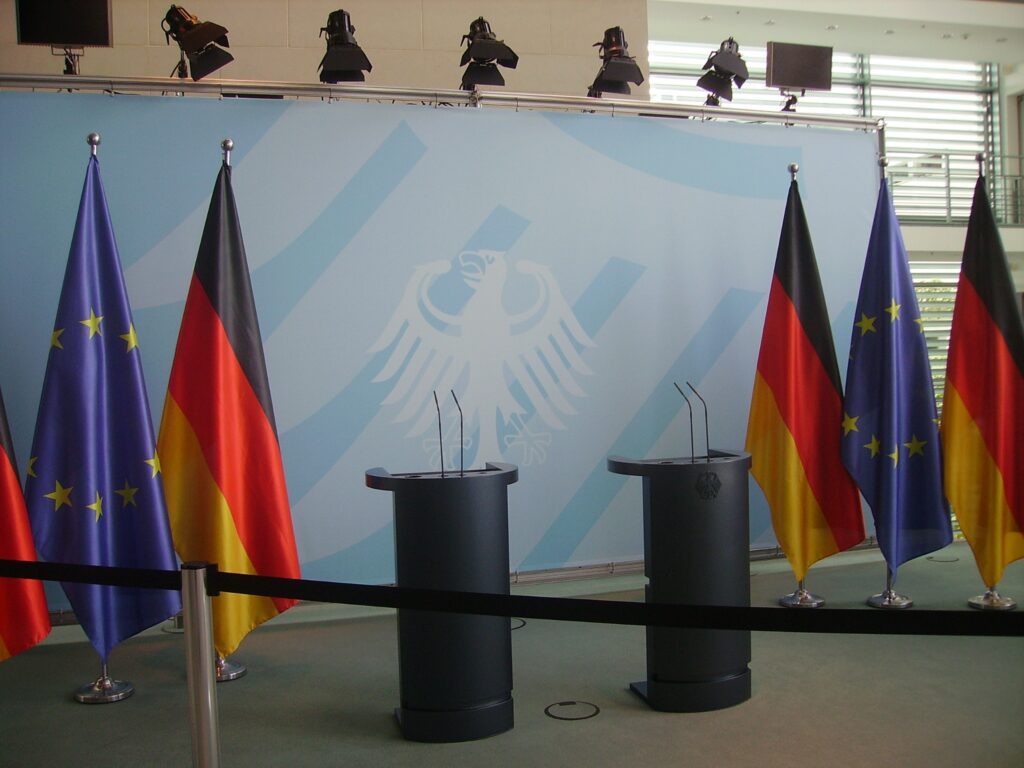In the intricate tapestry of global politics, the European Union (EU) has long stood as a symbol of unity, cooperation, and economic prowess. Yet, recent years have witnessed a subtle but palpable undercurrent of doubt and skepticism coursing through the veins of this grand experiment in regional integration. As we delve into the enigma that is the crisis of confidence within the European Union, we unveil the layers of complexity surrounding its causes, consequences, and potential pathways toward rejuvenation.
The Genesis of Doubt
The seeds of uncertainty were sown during a tumultuous period marked by economic downturns, refugee crises, and divisive political landscapes. The global financial crisis of 2008 was a watershed moment, testing the resilience of the EU’s economic framework and triggering a sense of vulnerability. Simultaneously, the refugee influx of 2015 strained the EU’s internal cohesion, exposing disparities between member states’ approaches and sparking a crisis of identity.
Identity Crisis: Unity vs. Diversity
A significant facet of the EU’s crisis of confidence lies in the tension between its commitment to unity and the reality of its diverse member states. Cultural disparities, differing economic priorities, and varying political landscapes have led to questioning of the EU’s ability to maintain a cohesive vision. This clash between the pursuit of a unified Europe and the preservation of individual identities has become a fulcrum upon which the crisis pivots.
Economic Realities and Sovereignty
Another fissure in the EU’s foundation is the question of economic sovereignty. As member states grapple with the implications of economic policies dictated by Brussels, concerns about the erosion of national autonomy arise. The adoption of the euro, while symbolizing a step towards unity, has also exposed vulnerabilities within the system. The debt crises in Greece and other southern European nations underscored the challenges of maintaining fiscal harmony in the face of disparate economic conditions.
Communication Breakdown
Effective communication is the lifeblood of any relationship, and the EU’s multi-level governance structure is no exception. A lack of transparency and accessibility has fueled perceptions of detachment and bureaucracy. Many citizens feel distanced from decision-making processes and believe their concerns are unheard. This breakdown in communication has given rise to anti-EU sentiment and further eroded trust.
The Brexit Earthquake
Perhaps the most seismic tremor in the EU’s recent history was the United Kingdom’s decision to exit the union, colloquially known as “Brexit.” The aftershocks of this event reverberated across the continent, shaking the foundations of the EU’s solidarity. While Brexit was rooted in complex political and historical factors, it illuminated the very real potential for disintegration, sending shockwaves through the collective psyche of both EU citizens and leaders.
Charting a Course Forward
Despite these challenges, the EU possesses the tools and potential to address its crisis of confidence. Renewed efforts to bridge the gap between the union’s institutions and its citizens are paramount. This involves fostering transparent communication channels, engaging citizens in participatory democracy, and embracing the diversity that defines Europe. Moreover, a reevaluation of the EU’s economic framework, with a focus on equitable growth and flexibility, can help alleviate economic disparities and restore faith in the union’s ability to safeguard member states’ interests.
Conclusion: The Unveiling of Resilience
As we peel back the layers of doubt shrouding the European Union, we uncover a paradoxical truth: crisis breeds opportunity. The challenges facing the EU compel it to evolve, adapt, and emerge stronger than before. The crisis of confidence serves as a catalyst for self-reflection, inspiring a collective reimagining of the union’s purpose and role in the world. By embracing transparency, embracing diversity, and harnessing the lessons of the past, the European Union can navigate the stormy seas ahead and reaffirm its position as a beacon of unity and cooperation in an increasingly complex global landscape. As citizens and leaders alike grapple with the complexities of this crisis, the journey toward revitalization has the potential to redefine the very essence of what it means to be European.










